The international community agreed to a common definition of “refugee” in 1951 with the signing of the United Nations Convention on the Status of Refugees. The United States Congress legally adopted this definition when it passed the Refugee Act of 1980. This definition states:
A refugee is a person who has been forced to leave his/her homeland and is unable to return because she or he has experienced persecution or has a well- founded fear of persecution. Persecution can be related to race, nationality, religion, political opinions, or membership in a particular social group.
How do refugees differ from others who enter the United States? A variety of different words are used when discussing newcomers to our country. Although the words are often used interchangeably, each term has a distinct meaning: Refugees are people who have been forced to leave their own country because of persecution or a well-founded fear of persecution. Refugees are outside the borders of the United States when they request an opportunity to begin a new life in our country. Unless the situation in their country changes, refugees are unable to safely return to their homeland.
Asylees also flee their own country because of persecution. Asylees are also unable to safely return to their homeland. Unlike refugees, however, asylees are already within the borders of the United States when they request permission to stay. Asylees usually enter the U.S. with a temporary visa (visitor, tourist, etc.) and then request permission to remain permanently.

IRIS means hope, helping refugees and immigrants rebuild their lives and strengthen our communities.
Mailing-Only Address
33 Dixwell Ave #380
New Haven, CT 06511
Email: info@irisct.org
Phone: 203.562.2095
IRIS is a 501(c)(3) nonprofit
EIN 06-0653044
Site maintained by Fusion Design